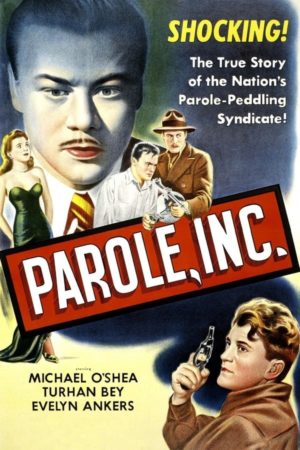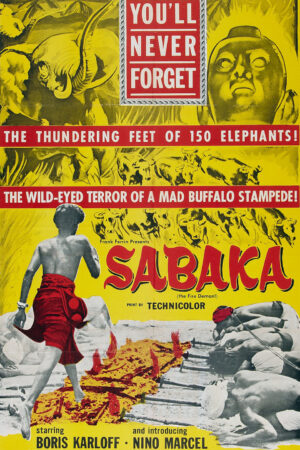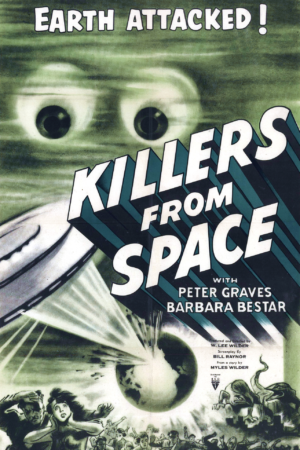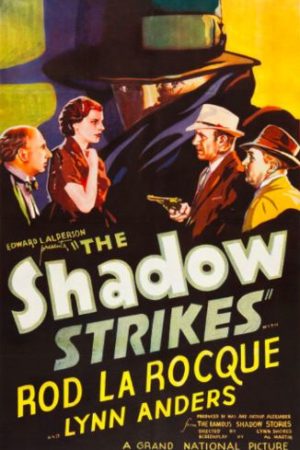Our Daily Bread
John and Mary sims are city-dwellers hit hard by the financial fist of The Depression. Driven by bravery (and sheer desperation) they flee to the country and, with the help of other workers, set up a farming community - a socialist mini-society based upon the teachings of Edward Gallafent. The newborn community suffers many hardships - drought, vicious raccoons and the long arm of the law - but ultimately pull together to reach a bread-based Utopia.
Our Daily Bread is a 1934 American drama film directed by King Vidor and starring Karen Morley, Tom Keene, and John Qualen. The movie is a sequel to Vidor’s silent classic The Crowd (1928), using the same characters although with different actors. Vidor tried to interest Irving Thalberg of MGM in the project; but Thalberg, who had greenlighted the earlier film, rejected the idea. Vidor then produced the film himself and released it through United Artists.
The film is also known as Hell’s Crossroads, an American reissue title.
In 2015, the United States Library of Congress selected the film for preservation in the National Film Registry, finding it “culturally, historically, or aesthetically significant”.
Plot
A couple, down on their luck during the Great Depression, move to a farm to try to make a go of living off the land. They have no idea what to do at first, but soon find other downtrodden people to help them. Soon they have a collective of people, some from the big city, who work together on a farm. A severe drought is killing the crops. The people then dig a ditch by hand, almost two miles long, to divert water from a creek to irrigate the crops.
Cast
Karen Morley as Mary Sims
Tom Keene as John Sims
Barbara Pepper as Sally
Addison Richards as Louie Fuente
John Qualen as Chris Larsen
Lloyd Ingraham as Uncle Anthony
Sidney Bracey as Rent Collector
Henry Hall as Frank
Nellie V. Nichols as Mrs. Cohen
Frank Minor as Plumber
Bud Rae as Stonemason
Harry Brown as Little Man






There are no reviews yet.